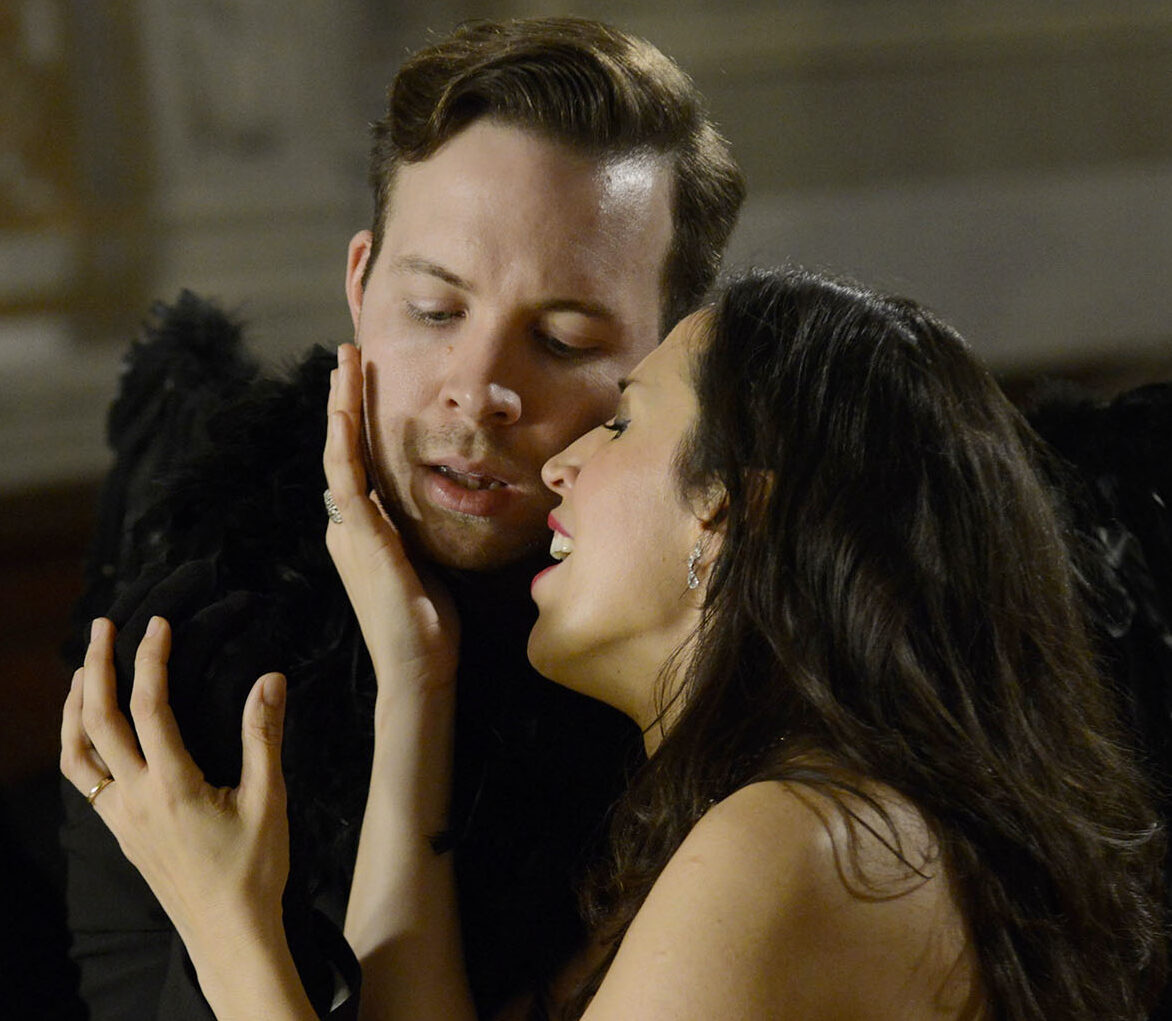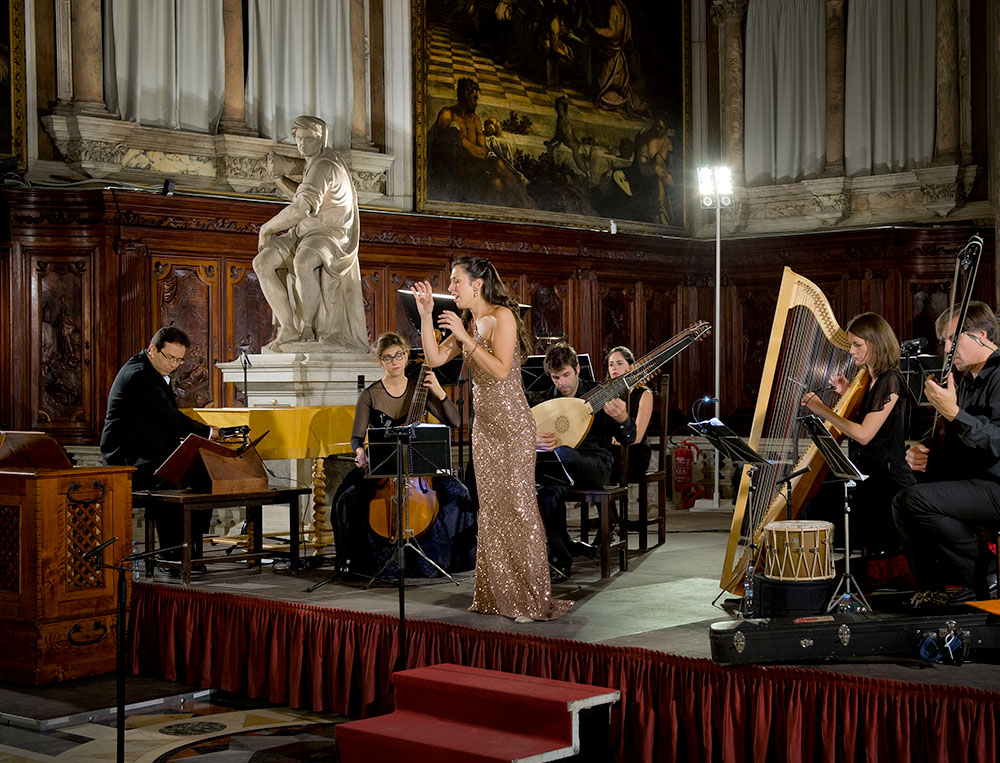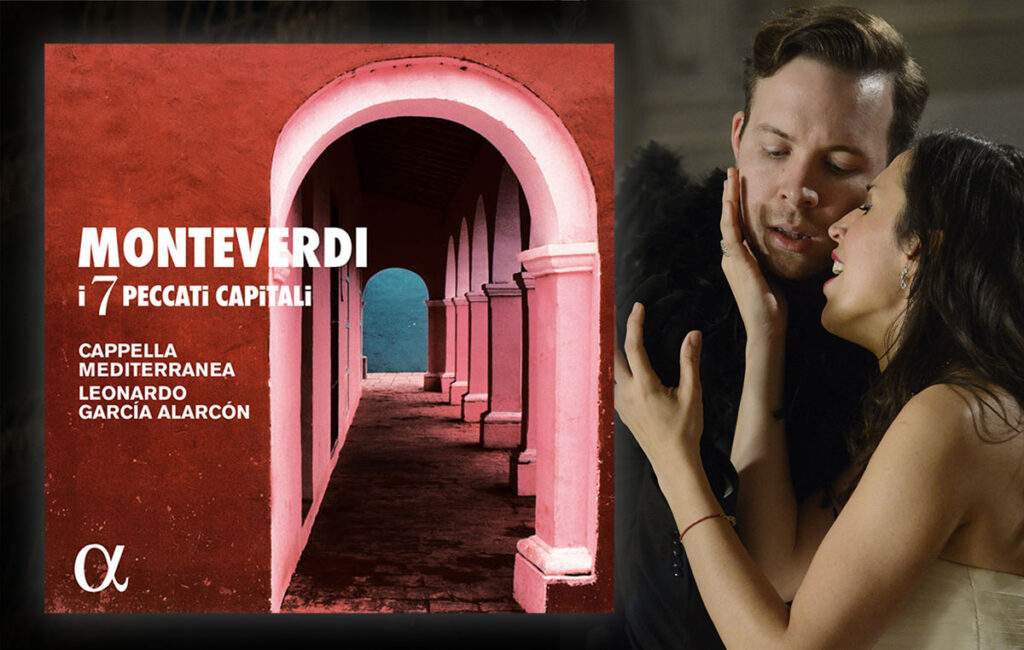


“What Music/Artistic Leonardo García Alarcón accomplished had the same audacity as Monteverdi himself in his “Third Practice” toward the end of his life. Maestro Alarcón turned a dozen-odd madrigals, arias, “sung recitatives” and choruses into a kind of opera whose storyline was not a story. It was an opera of Monteverdi emotions.”
Harry Rolnick for ConcertoNet.com
Cappella Mediterranea gives audiences the chance to explore how one man’s soul could be split between the tormented love of his madrigals, the pure nobility of l’Orfeothe novelty of the Vespro, the conservatism and faith of his a cappella masses and ‘moral’ madrigals, the spirit of adventure and chastity behind l’Ulisse , and finally, one of the most amoral pieces in the history of music, L’Incoronazione di Poppea.. To make sense of this juxtaposition of ideas and passions, we have devised a programme driven by the allegorical forces that were very much present in the minds and imaginations of Italians in the 17th century: the seven deadly sins and seven virtues. The deadly sins of the Catholic religion, cited by Thomas Aquinas (1225-1274) and enumerated by Pope Gregory (540-604), fueled the imagination of artists over the centuries, including Dante and Leonardo Da Vinci. This programme invites listeners to reflect on the nature of emotions through a composer who understood the origins of human passions and used music to transcend and sublimate them.

This programme was created in Switzerland (Le Brassus) in a co-production with The Venitian Center for Baroque Music.
It was performed at New York’s Carnegie Hall in February 2017.
Performance running time: approx. 1 hour and 30 minutes
Namur programme
